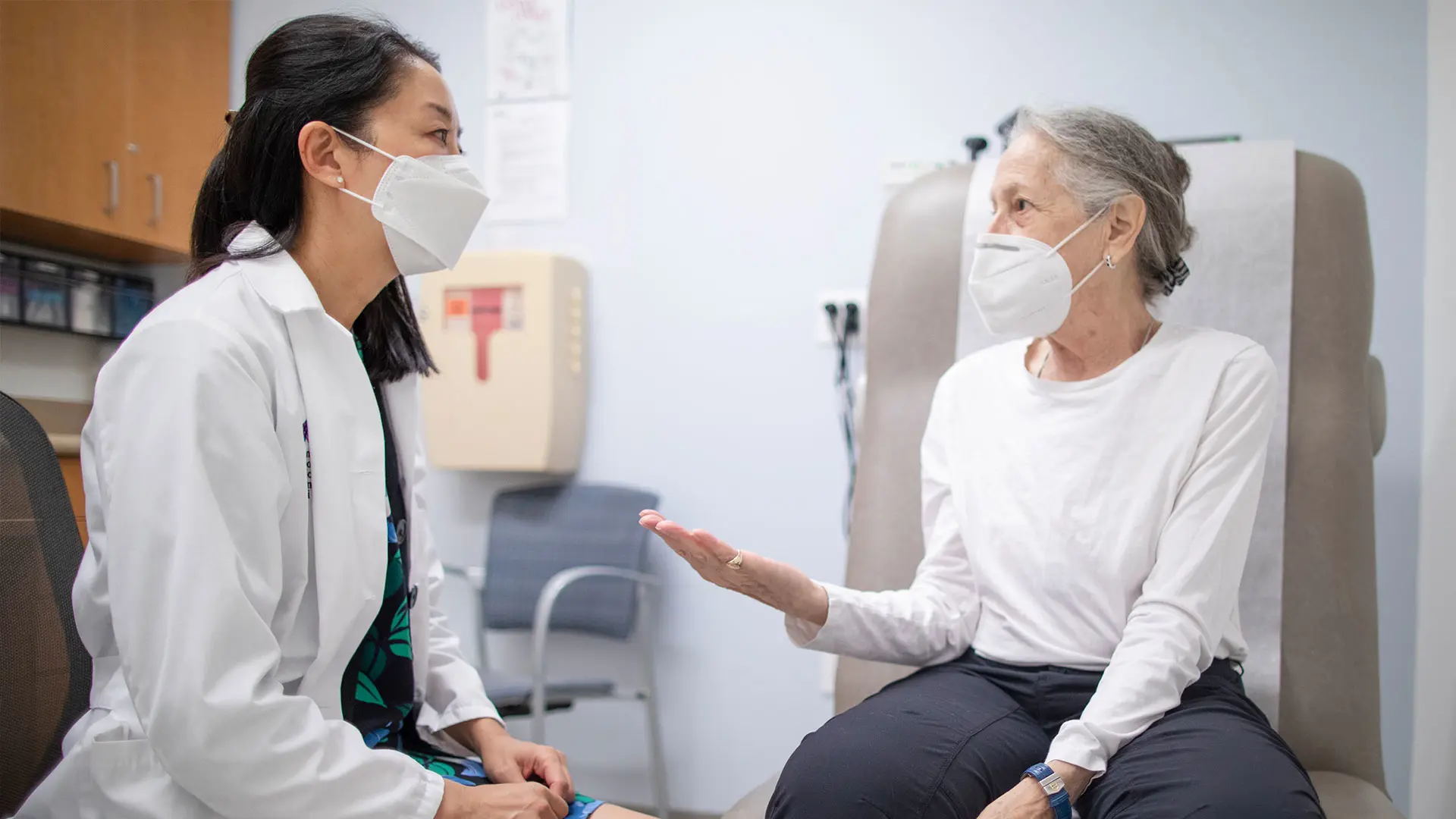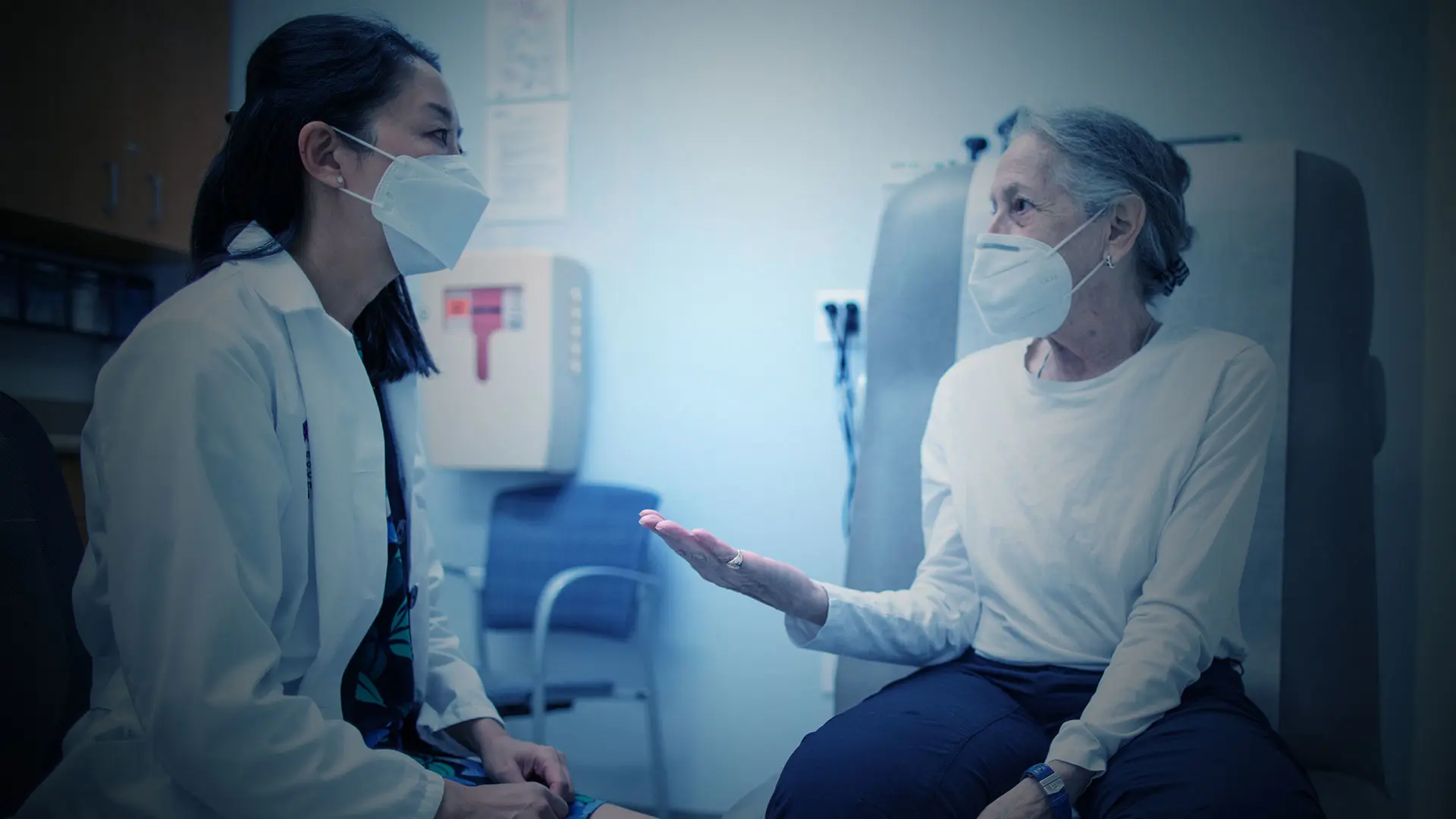Mount Sinai is known around the world as an innovator in geriatrics and palliative medicine. In addition to establishing the first department of geriatrics in 1982, Mount Sinai was the first hospital to integrate geriatrics and palliative care into one department in 2009, to become the Brookdale Department of Geriatrics and Palliative Medicine at the Icahn School of Medicine at Mount Sinai.
Another important milestone came in 2007, when the Martha Stewart Center for Living was established to provide comprehensive quality primary care to older adults and their caregivers. The Center now has two locations: The Mount Sinai Hospital and Mount Sinai-Union Square. Additional ambulatory geriatrics and palliative services are provided at Mount Sinai Morningside. In addition to providing comprehensive medical care, the Center also offers classes to improve quality of life, including mindfulness-based stress reduction, nutrition, tai chi and yoga, and fall prevention.
“I’m proud to be part of this Department because we’ve been so influential in geriatrics and palliative care, not just for the patients for whom we directly care, but also for patients and families across the country,” says Audrey K. Chun, MD, Professor of Geriatrics and Palliative Medicine, and Vice Chair for Clinical Services at the Brookdale Department, and Director of Coffey Geriatrics at the Martha Stewart Center for Living. “We have the largest geriatrics and palliative medicine training program in the nation and, as a result, our graduates are going out all across the country and the world and bringing those innovative models to our most vulnerable populations.”

“I’m proud to be part of this Department because we’ve been so influential in geriatrics and palliative care, not just for the patients for whom we directly care, but also for patients and families across the country,” says Audrey K. Chun, MD, Professor of Geriatrics and Palliative Medicine.
As part of its ongoing effort to provide the best care possible to older adults, the Brookdale Department has instituted many innovative programs designed to treat and manage the health of the most vulnerable older patients and reduce the number of emergency room visits and hospital admissions.
For example, Aging, Life Innovations, Goals, and Needs (ALIGN) is a collaborative program established in 2016 that brings together patients, caregivers, and medical teams to manage the care of older adults. In addition to coordinating their care with other specialists as needed, the ALIGN medical teams make sure patients have the resources they need to carry out doctors’ orders, monitor their medication, improve their health literacy, and provide guidance to caregivers. The ALIGN Program has resulted in reductions in emergency department room visits and decreases in hospitalizations, hospital bed days, and readmissions. To date, more than 600 patients have benefited from the ALIGN Program.
Since 2017, the Mount Sinai Community Paramedicine Program has successfully reduced the number of Emergency Department (ED) visits by patients experiencing acute symptoms. Instead of calling 911, patients call their primary care physicians, who dispatch a Mount Sinai emergency medical team to the patient’s home. The team does an assessment and presents the case in real time by phone or videoconference to a Mount Sinai telehealth physician trained in emergency medicine. Based on the medical assessment, emergency medical technicians can administer medications, do electrocardiograms, start intravenous lines, and order tests (including X-rays) that can be performed in the patient’s home. Patients are treated on the spot without requiring a visit to the ED. In 2020, more than 1,000 patients were seen at home through this program, and 65 percent avoided a visit to the hospital or the emergency department.
Mount Sinai’s co-management approach to surgery ensures that procedures are performed on patients who can benefit and minimizes unnecessary interventions for those who may be too frail or compromised. This innovative program began in 2015 when renal transplantation surgeons consulted with Brookdale Department geriatricians for their high-risk patients. The effort has since expanded to include colorectal, oncology, vascular, urology, and general surgeries. The goal is to reduce perioperative risk and optimize outcomes.
